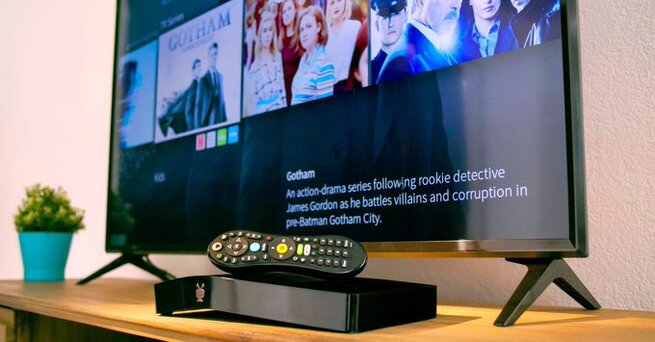Alerts

TiVo won the court battles, but lost the TV war — a cautionary tale of innovation lost to litigation. Once a trailblazer that changed how we watched television, TiVo became too focused on protecting its patents instead of leading the next wave of digital entertainment.
In the early 2000s, TiVo was a cultural phenomenon. Much like Google or Xerox, its name became a verb. People didn’t just “record” their favorite shows — they “TiVo’d” them. The company popularized features like pausing live TV, rewinding shows, and recording one program while watching another — features that defined the modern DVR experience.
At the heart of TiVo’s innovation was US Patent 6,233,389 — famously known as the Time Warp patent. This patent protected the DVR functions that made TiVo revolutionary. However, it also became the company’s primary obsession.
TiVo spent much of the 2000s and early 2010s in courtroom battles, defending its technology against giants like EchoStar, Motorola, AT&T, Cisco, Verizon, and Time Warner Cable. The lawsuits paid off financially, with TiVo winning nearly every case. Its most famous victory came in 2011, when EchoStar was ordered to pay a $500 million settlement.
Despite these courtroom wins, TiVo was losing ground in the actual TV industry. The company’s best years were spent locked in legal fights while competitors like Netflix, Roku, and Apple built the future of streaming.
TiVo’s business model shifted from selling DVRs to licensing its technology. It was a profitable move short-term — but not sustainable in an industry rapidly transitioning to smart TVs and on-demand streaming. If TiVo had invested the same energy into innovation that it spent in court, it might have become a dominant smart TV player or early streaming service.
By the time TiVo emerged from its legal battles, the entertainment landscape had changed. The rise of streaming platforms made DVRs feel obsolete. TiVo had the technology, brand recognition, and early-mover advantage — but lacked the vision to evolve.
Instead of leading the next wave of TV innovation, TiVo became a licensing brand and eventually faded from consumer relevance. Its once-iconic name now stands as a reminder of how even groundbreaking companies can lose their edge when they focus on protecting the past instead of inventing the future.
TiVo’s story is both inspiring and cautionary. It reminds tech innovators that success isn’t just about creating something great — it’s about continuously adapting. The company that taught the world to “pause live TV” couldn’t hit pause on its own decline.
In the end, TiVo won the court battles, but lost the TV war — proving that innovation, not litigation, defines the true winners of technology.
𝗦𝗲𝗺𝗮𝘀𝗼𝗰𝗶𝗮𝗹 𝗶𝘀 𝘄𝗵𝗲𝗿𝗲 𝗿𝗲𝗮𝗹 𝗽𝗲𝗼𝗽𝗹𝗲 𝗰𝗼𝗻𝗻𝗲𝗰𝘁, 𝗴𝗿𝗼𝘄, 𝗮𝗻𝗱 𝗯𝗲𝗹𝗼𝗻𝗴. We’re more than just a social platform — from jobs and blogs to events and daily chats, we bring people and ideas together in one simple, meaningful space.